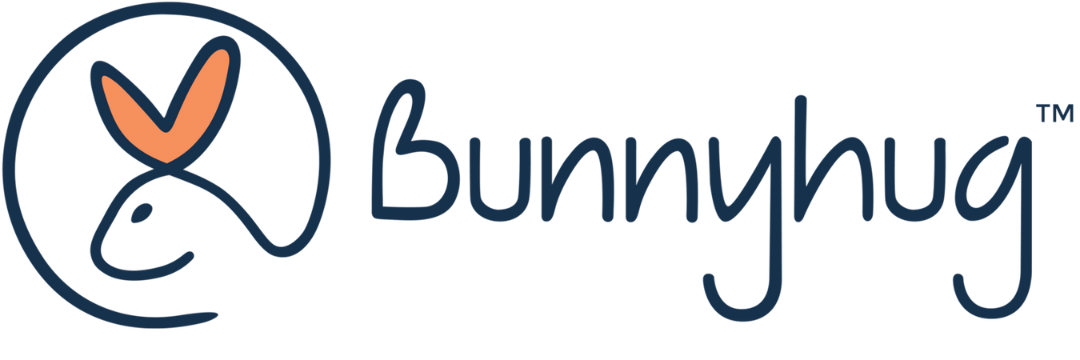The word detergent is derived from the Latin adjective detergens and verb detergere, meaning to wipe or polish off. A detergent is a type of cleansing agent that is used to remove dirt, grease, stains, and other contaminants from surfaces, primarily in the context of cleaning clothes, dishes, and various household items. Detergents are surface active chemicals; they work by breaking down and loosening particles and substances that are not easily removed with water alone.
Composition of Detergents:
Detergents are typically composed of surfactants (Anionic Detergents or non-ionic detergents), which are detergent molecules that have hydrophilic (water-attracting) and hydrophobic (water-repelling) parts. This dual nature of surfactants allows them to interact with both water and oily or greasy substances, effectively emulsifying them and suspending the dirt and grime in water so that they can be rinsed away.
It's important to note that while detergents are effective for cleaning, some detergent formulations can be harmful to the environment due to their chemical composition and are called synthetic detergents. As a result, there has been a growing interest in developing more environmentally friendly and biodegradable laundry detergent options.
Cationic detergents, also known as cationic surfactants or quaternary ammonium compounds (quats), are a type of detergent with specific properties and uses. Unlike traditional anionic or non-ionic detergents, which have a negatively charged hydrophilic (water-attracting) head, cationic detergents have a positively charged head. This unique structure gives them distinct characteristics and applications.
Types of Detergents
There are different types of detergents designed for specific purposes, such as laundry detergents for washing clothes, dishwashing detergents for cleaning dishes, and multipurpose household detergents for various cleaning tasks. Detergents can come in liquid, powder, or solid forms and may contain a mixture of additional additives such as enzymes, bleach, or fragrances to enhance their cleaning capabilities and provide desirable scents.
Detergent Uses
Detergents have a wide range of uses for cleaning and removing dirt, stains, and grease from various surfaces. Here are some examples of common uses of detergents:
1. Laundry Detergent (Liquid Detergent):

Laundry liquid detergents are specifically formulated to clean clothing and other fabric items. They help remove stains, dirt, and odours from clothes, towels, bed linens, and more. Different types of laundry detergents are available for different washing machines (high-efficiency or regular) and for various fabrics and colours. Laundry and fabric softeners are commonly called detergents.
2. Dishwashing:

Dishwashing detergents are designed to clean dishes, utensils, glassware, and cookware. Dish Detergent help to cut through grease and food residues, making it easier to wash dishes by hand or in a dishwasher.
3. Household Cleaning:
Multipurpose household detergents can be used for cleaning various surfaces around the home, such as countertops, floors, walls, and appliances. These detergents help remove dirt, dust, grime removing grease, and stains from a variety of surfaces.
4. Car Care:
Some detergents are formulated for cleaning vehicles, including cars, trucks, motorcycles, and bicycles. These detergents can help remove dirt, mud, road grime, oil and other contaminants from the vehicle's exterior surfaces.
5. Personal Care:

Detergents are used in personal care products like shampoos soap, body washes, and hand soaps to cleanse the skin and hair by removing oils, dirt, and impurities.
6. Industrial and Commercial Cleaning:
Detergents are used in various industries for cleaning equipment, chemicals, machinery, and surface. They are also used in commercial cleaning services for maintaining cleanliness in offices, hotels, hospitals, and other establishments.
7. Carpet and Upholstery Cleaning:
Specialized detergents are used for all purpose cleaners cleaning carpets, rugs, and upholstery. These detergents help to remove stains, dirt, and odours from fabric and soft surfaces.
8. Pet Care:
Detergents designed for pet care are used for bathing and cleaning pets. These detergents are formulated to be gentle on the animals' skin and coat.
9. Industrial Applications:

Detergents are used in various industrial processes, such as washing in the textile industry, to remove sizing agents from fabrics, cleaning equipments in food industry, and cleaning machinery and lubricating oils parts in manufacturing sector.
10. Agricultural and Horticultural Use:
Detergents can be used to clean agricultural equipment, greenhouse structures, and tools used in horticulture.
It's important to use the appropriate type of detergent for the specific cleaning task and to follow the manufacturer's instructions for proper usage. Additionally, consider the environmental impact of the detergent and choose environmentally friendly options whenever possible.

